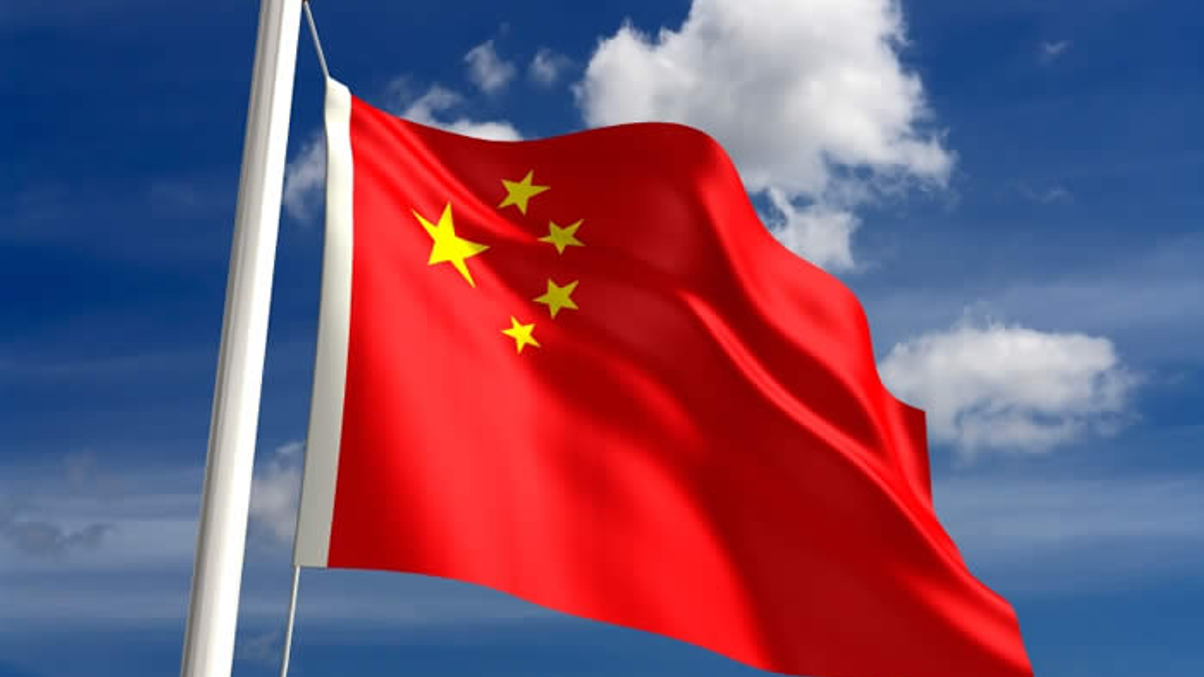China managers pressure MSCI on A-shares
In the first of two articles on MSCI’s decision on including A-shares in its emerging-market indices, Chinese fund managers – and local media – argue that it should happen next month.

As index provider MSCI prepares to decide next month whether to include China A-shares in its emerging-market benchmarks, mainland fund managers – and domestic state media – have been making their feelings clear on the subject.
Sign in to read on!
Registered users get 2 free articles in 30 days.
Subscribers have full unlimited access to AsianInvestor
Not signed up? New users get 2 free articles per month, plus a 7-day unlimited free trial.
¬ Haymarket Media Limited. All rights reserved.


